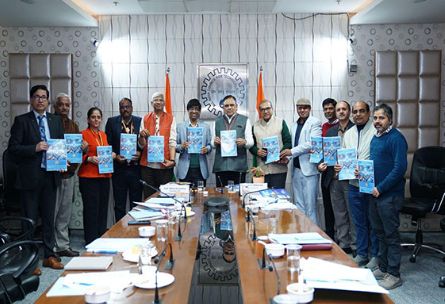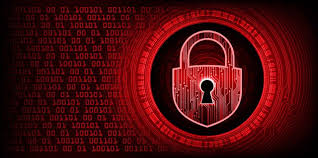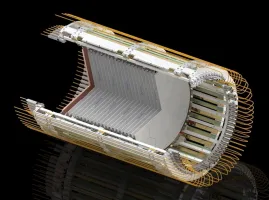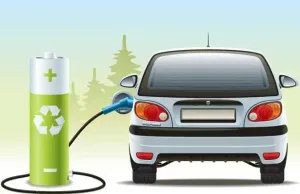Blog Credit : Trupti Thakur
Image Courtesy : Google
The First UG Minor Program In Quantum Technology
The All India Council for Technical Education (AICTE) and the National Quantum Mission (NQM) have initiated India’s first Undergraduate Minor Program in Quantum Technologies. This program aims to equip students with skills in quantum technology and enhance India’s position in the global quantum landscape.
Programme Overview
The Undergraduate Minor Program focuses on four key areas – Quantum Computation and Simulation, Quantum Communication and Cryptography, Quantum Sensing, and Quantum Materials and Devices. It is designed to create a skilled workforce capable of meeting the demands of the evolving quantum industry.
Curriculum Structure
Students can commence the program in their third semester. They will have the opportunity to select 18 credits from over 30 available courses. This structure allows for flexibility and customization according to the resources of their respective institutions.
Hands-on Learning Approach
The programme emphasizes practical experience through project-based learning. This approach ensures that students gain hands-on experience in quantum technologies, preparing them for real-world applications.
India cultural tours
AICTE, in collaboration with leading institutions like the IITs, will implement Faculty Development Programs (FDPs). These initiatives aim to enhance the quality of education by training teachers in quantum technology.
Infrastructure and Resources
To support the programme, advanced quantum laboratories will be established. These labs will provide students with practical experience and facilitate research in quantum technologies.
OverView:
The Programme, said to be India’s first UG Minor Programme in Quantum Technologies, is likely to start int he next academic session and will be open to engineering students from third or fourth semester.
The All India Council for Technical Education (AICTE) in collaboration with the National Quantum Mission (NQM) under the Department of Science and Technology (DST) has launched an Undergraduate (UG) minor programme in ‘Quantum Technologies’aiming to prepare India’s workforce for the quantum revolution and positioning the nation as a global leader in cutting-edge quantum innovation.
The programme, said to be India’s first UG minor programme in quantum technologies, is likely to start in the next academic session and will be open to engineering students from third or fourth semester with an emphasis on hands-on practical applications. “Students can select 18 credits from a pool of over 30 credits, allowing institutions to adapt the programme to their resources,” the technical education regulator said in a statement.
AICTE and Indian Institutes of Technology (IITs) will conduct Faculty Development Programmes (FDPs) to support teachers in delivering high-quality quantum education. Quantum Technologies leverage the principles of quantum mechanics, the fundamental science that explains the behaviour of matter at the atomic and subatomic scale.
The newly launched programme is designed to bridge the gap between academia and industry by addressing the strategic and multidisciplinary needs of the quantum ecosystem. According to the AICTE’s draft structure of the minor programme on ‘Quantum computing and quantum technologies at the UG level’, the programme will span four critical areas of quantum technologies — quantum computation and simulation; quantum communication and cryptography; quantum sensing; and quantum materials and devices. The curriculum requires foundational knowledge among students in the field of engineering, mathematics, physics, and basic programming skills.
DST Secretary Abhay Karandikar described the launching of model curriculum for UG minor in quantum technologies as “a major boost towards capacity building in quantum science and technology”
“Together with AICTE, we aim to launch the programme in the next academic session,” he added.
Blog By : Trupti thakur

28
DecThe First UG Minor Program In Quantum Technology
Dec 28, 2024Recent Blog
The Digital Threat Report 2024May 13, 2025
The MADMAX ExperimentMay 12, 2025
The EntraID Data ProtectionMay 10, 2025
The MAHA-EVMay 07, 2025
The Project Milestone of ITERMay 06, 2025




